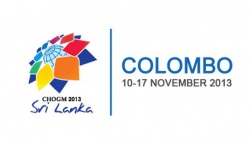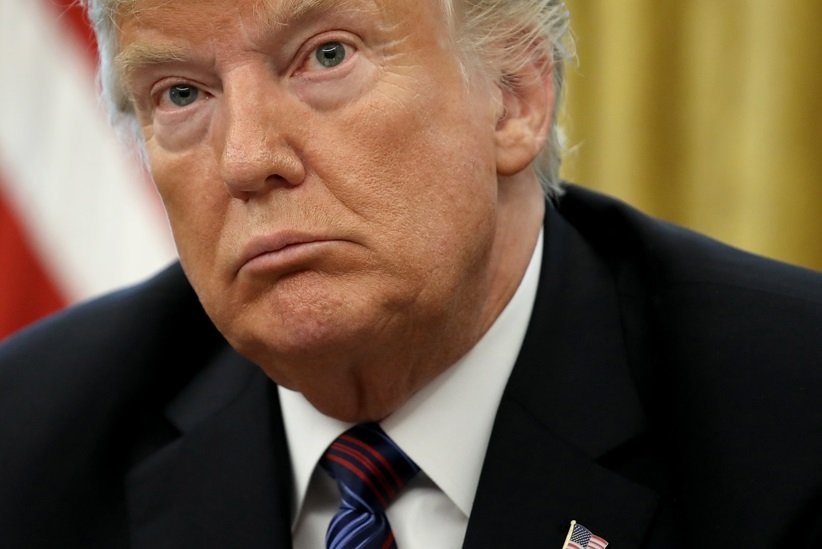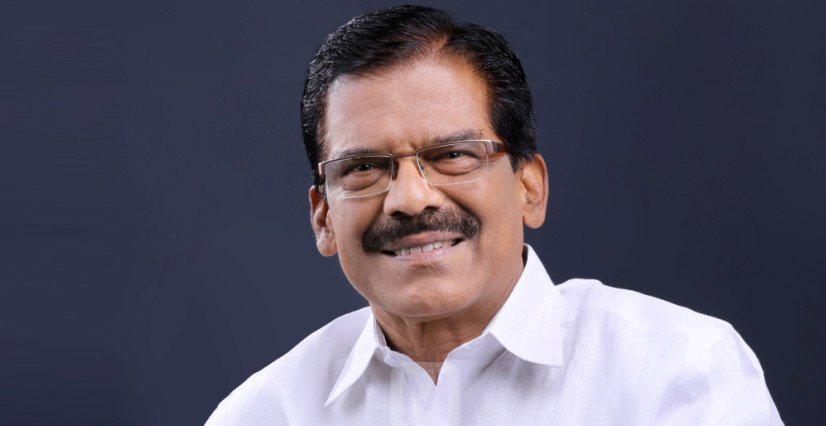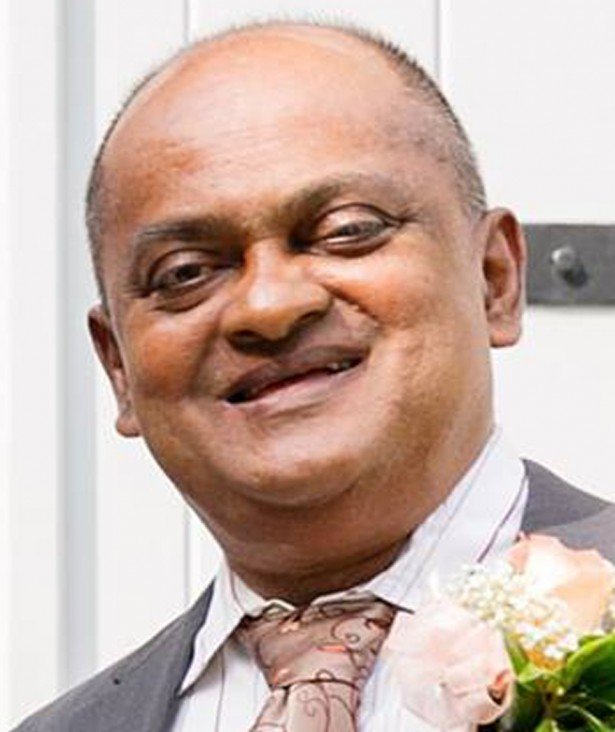Indian Prime Minister Manmohan Singh Sunday sent a letter of regret to Sri Lankan President Mahinda Rajapaksa, explaining why he is not attending the Commonwealth summit in Colombo next week.
The letter, whose contents were not disclosed, was sent following the UPA government's decision to scale down the level of India's participation at the Nov 15-17 Commonwealth Heads of Government Meeting (CHOGM) in Colombo.
This followed emotive protests by Tamil Nadu parties and opposition from some central Congress ministers over Sri Lanka's reported human rights abuses and its failure to devolve power to the Tamil minority.
The prime minister, who was in Chhattisgarh Saturday campaigning for the Congress in assembly elections, returned to the capital at night. The letter was sent Sunday, an official source told IANS.
External Affairs Minister Salman Khurshid will now lead the Indian delegation to the CHOGM summit of 53 countries, being held in Asia after two decades.
Navtej Sarna, additional secretary in the external affairs ministry, and Pavan Kapoor, joint secretary, UN political division of the ministry, will attend the official-level meetings ahead of the summit.
Foreign Secretary Sujatha Singh would also be there.
The decision to keep the prime minister away from Colombo has been hailed by DMK patriarch M. Karunanidhi, who said it was "somewhat comforting that at least Manmohan Singh has listened to our voice".
Sri Lanka was very keen to see Manmohan Singh at the summit. It sent its Foreign Minister G.L. Peiris in August to personally hand over the invite.
The prime minister, a strong votary of good neighbourly relations, was reportedly keen to go. The external affairs ministry also pushed for his attendance at the summit, keeping in mind India's overall security and strategic interests.
The DMK and the AIADMK, along with other Tamil parties, however, demanded that India boycott the summit. Central ministers P. Chidambaram, Jayanthi Natarajan and G.K. Vasan -- who all hail from Tamil Nadu -- as well as V. Narayanasamy -- who is from Puduchery -- were pressing the prime minister that he keep in mind Tamil interests while deciding, especially with the general elections in the country just months ahead.
The Congress Core Group at its Friday meeting too decided against the prime minister going to Sri Lanka.
The more vocal critics in Tamil Nadu, which is separated from Sri Lanka by a strip of sea, accused the Sri Lankan military of killing innocent Tamil civilians during the final stages of the war that crushed the Tamil Tigers in May 2009.
There is also anger in Tamil Nadu over the continuing attacks on Indian fishermen in the sea by the Sri Lanka Navy. Separately, many in India are upset that Sri Lanka has gone back on promises it made to New Delhi when the war was raging on devolving autonomy to the Tamil minority.
There have been two occasions since 1993 when India sent its external affairs minister to attend the Commonwealth summit.
In 1995 at Auckland, New Zealand, Pranab Mukherjee as external affairs minister led the Indian delegation. In 2002 in Coolum, Australia, it was Jaswant Singh as the external affairs minister who went in place of the prime minister.







Comments